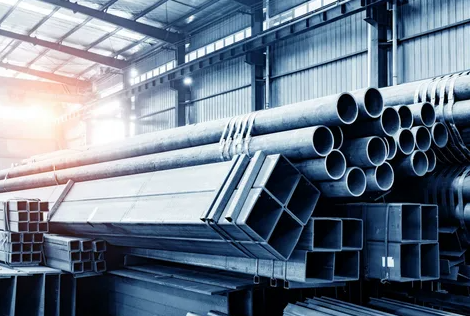Steel and chemical companies - two of the worst greenhouse gas emitters - say they have clean alternatives under development, but they need government policies that won't undermine their efforts.
"Policy is very important," said Andreas Bode of BASF, the world's largest chemical company, "as different policies can promote or hinder the adoption of these technologies."
According to Bode, Carbon Management Program Manager, BASF has reduced emissions as much as possible using traditional processes. "Since we are at the thermodynamic boundaries of our processes, we need completely new processes."
BASF is developing a furnace that uses clean electricity instead of natural gas to break down oil into starter molecules for many chemicals. BASF is also working on how to use clean electricity to crack natural gas to produce hydrogen, a potentially clean fuel, with solid carbon as a byproduct instead of CO2 gas. And BASF plans to use CO2 to produce sodium acrylate used in diapers.
“At the R&D stage, we need 10-15 years, and at the scale-up stage, we need another 10 years, and all this in a high-risk environment for such investments,” Bode said at the Center for Strategic and International Studies. webinar.
Policy should be flexible, Bode suggested, citing Germany's Renewable Energy Law, which has drastically lowered renewable energy prices worldwide.
“The cost of producing (renewable energy) has dropped significantly and is competitive,” he said, “but in the meantime, there are so many taxes and duties to be paid for using renewable energy that it’s more of an obstacle.”
Chemical manufacturing, along with cement and steel, is one of the three most polluting industries, according to Rebecca Dell of the ClimateWorks Foundation.
The traditional steelmaking process is inherently dependent on a technology developed in the Iron Age: heating iron in such a way as to emit a lot of carbon dioxide. Boston Metal is working to improve the electrolysis of molten oxides, whereby steel can be produced using pure electricity that emits only oxygen.
These efforts also benefit from abundant, inexpensive renewable energy, according to Adam Rauverdink, vice president of business development at Boston Metal.
“If you’re going to electrify steelmaking, transportation, or any of that, you need this clean and renewable energy,” Rauverdink said, “so this is something that is very, very
Steel and chemical companies prepare for decarbonization

|
|
Azovpromstal® 10 August 2020 г. 12:26 |





